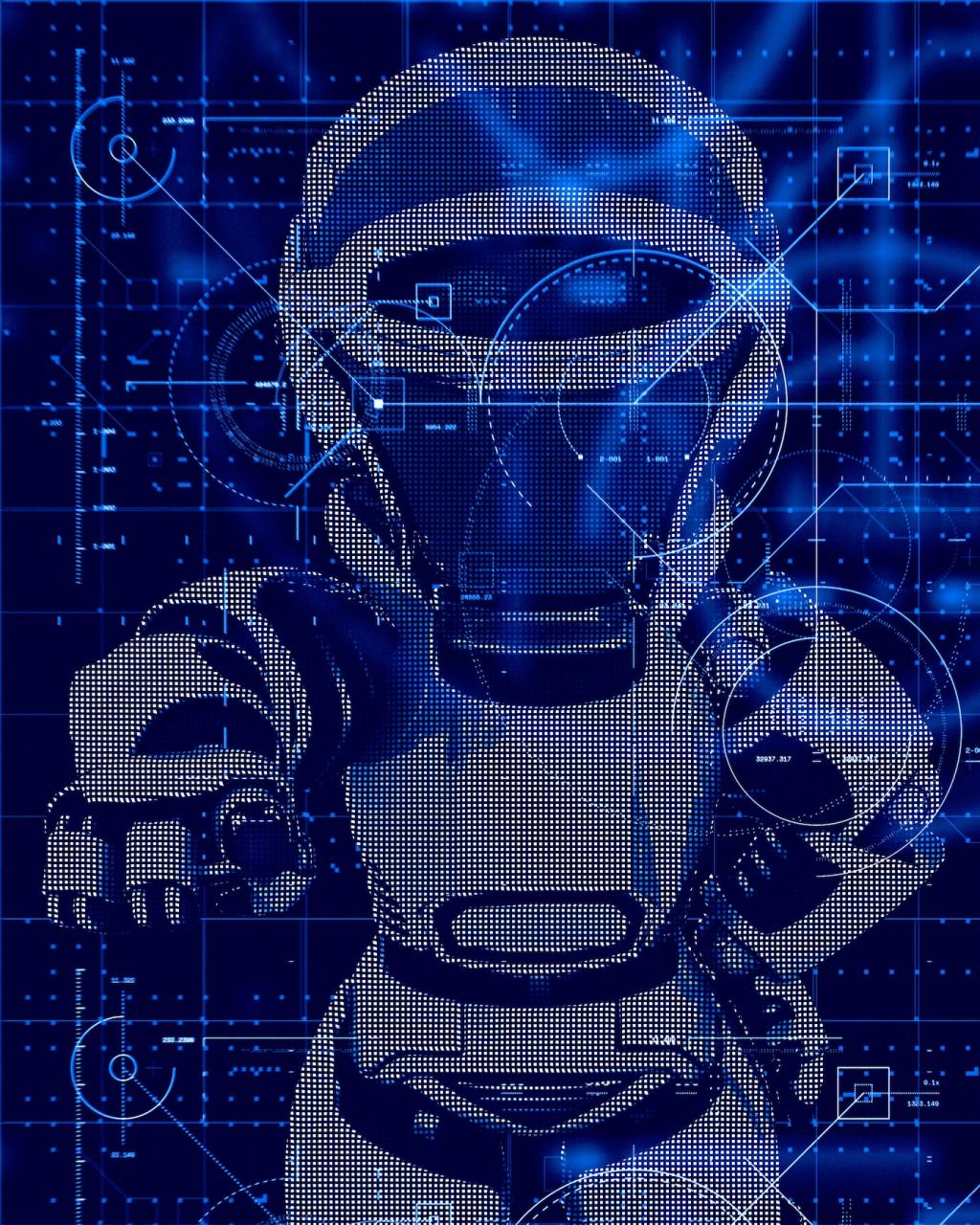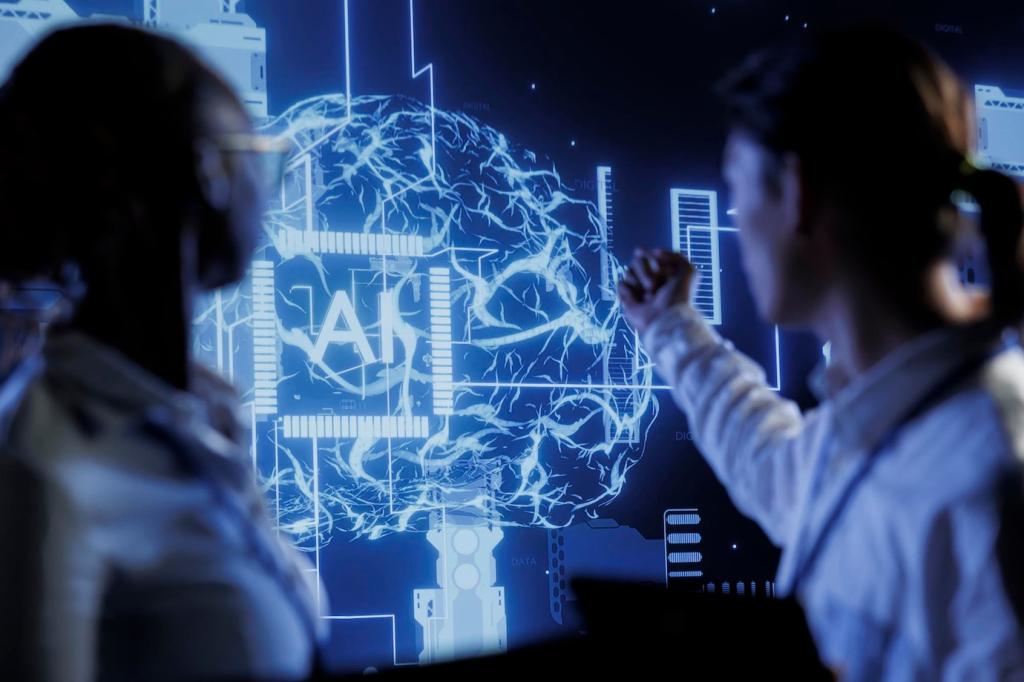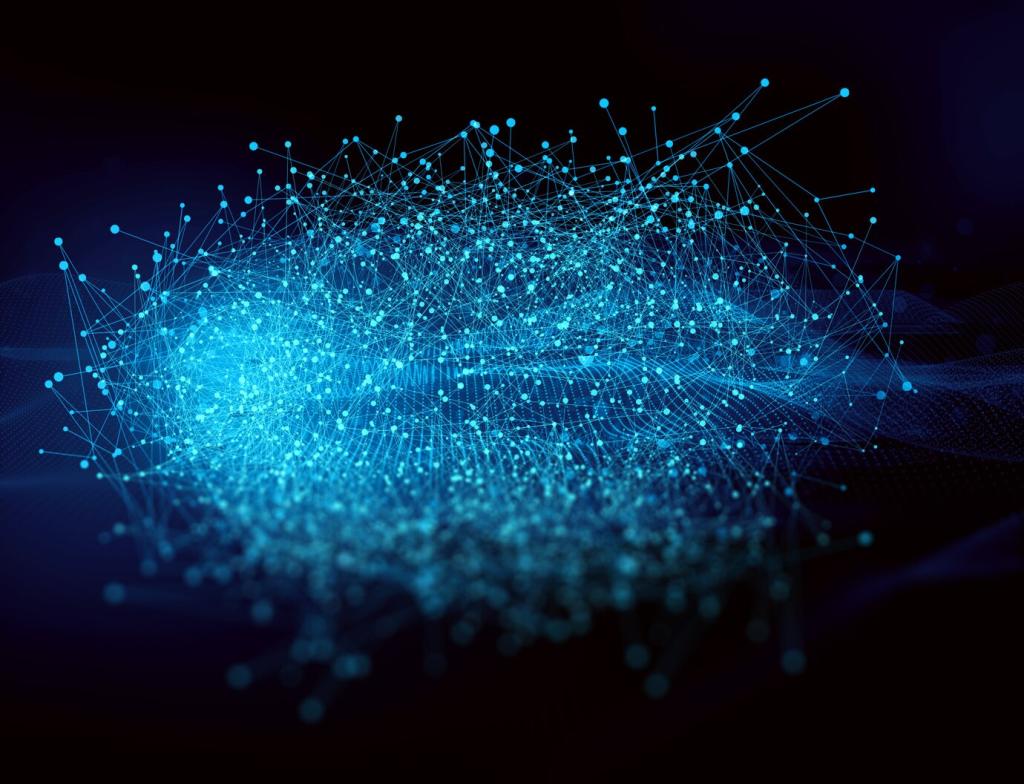
Technology Advancements and Economic Shifts Due to AI
Artificial Intelligence (AI) is rapidly changing the way societies function, impacting everything from how businesses operate to the structure of the global economy. This web page delves into the multifaceted technological advancements driven by AI and examines the significant economic shifts resulting from its widespread adoption. By exploring different aspects of AI development and its economic implications, we can gain deeper insight into the opportunities and challenges presented by this revolutionary technology.
The implementation of AI-driven automation in manufacturing, logistics, and service industries is dramatically improving operational efficiency. Tasks that previously required manual intervention are now performed faster and with fewer errors, thanks to intelligent machines capable of learning and adapting. This shift decreases production costs, allows companies to scale rapidly, and minimizes human error, leading to higher consistency in output. Moreover, automation frees human workers from repetitive or dangerous tasks, enabling the workforce to focus on more strategic and creative activities. Overall, AI-powered automation is rapidly redefining the foundation of modern industry by making processes smarter and more adaptable.

Labor Market Dynamics in the AI Era
AI’s ability to perform tasks previously reserved for humans inevitably leads to workforce displacement in certain sectors, particularly those relying on repetitive or rules-based duties. However, rather than simply eliminating jobs, AI often redefines them, transforming traditional roles into positions that require new skills and competencies. Workers are encouraged to adapt by developing expertise in areas where human judgment, creativity, and emotional intelligence remain irreplaceable. The need for retraining and upskilling is more pressing than ever, and organizations must prioritize talent development to remain competitive in this transformed job market ecosystem.
Economic Value Redistribution and Market Shifts
AI adoption is creating new market leaders while putting traditional players at risk. The technology sector, financial services, healthcare, and retail are among the biggest beneficiaries, leveraging AI to cut costs, offer differentiated services, and enter new markets. Meanwhile, industries slow to adapt—often due to regulatory, cultural, or capital constraints—risk being outpaced or even rendered obsolete. The strategic deployment of AI thus becomes a critical determinant of competitive advantage, shaping the fate of entire sectors as economic value flows towards the most adaptive firms and ecosystems.

